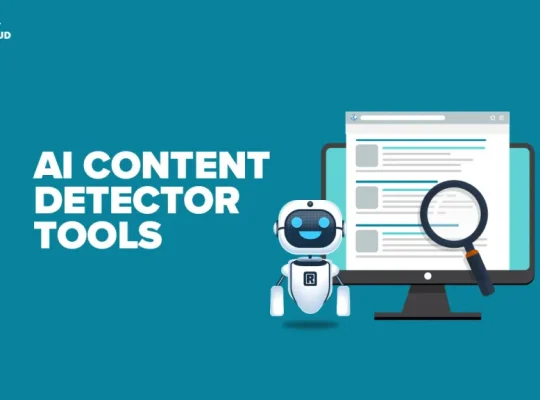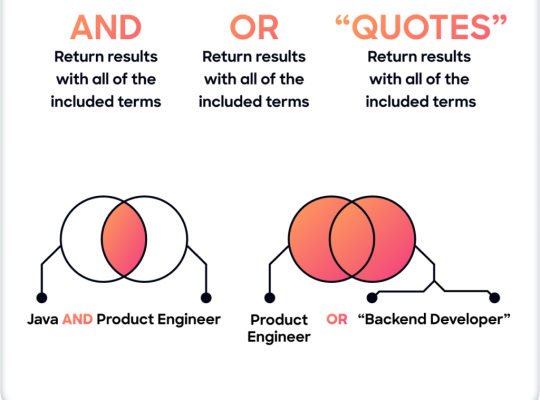Picture this.
You’ve got one CV — three sheets of paper that supposedly define your professional worth. You send it out to 30 different recruiters in the same week. Each recruiter thinks they’ve just discovered a great candidate. Each one fires it off to their client.
Now imagine you’re the HR Director sitting at the other end.
On Monday morning, your inbox pings. Candidate X arrives via Recruiter A. By Tuesday, the same CV lands from Recruiter B. By Friday, it’s there again, this time from Recruiter F, J, L… until you’ve had 30 copies of the same profile from 30 different agencies.
What’s going through that HR Director’s mind?
“If I hire this person, am I now liable for 30 invoices? One invoice for every agency who ‘claims’ this candidate? What happens if Recruiter A has 12-month terms, Recruiter B has 9-month terms, and Recruiter C has 6-month terms? Even if I wanted this candidate, the risk is I’ll be fighting off 30 agencies in court just to decide who gets paid.”
Result? The HR Director quietly closes the CV, marks the name in the ATS, and moves on. The candidate — you — is out. Not because you weren’t good enough. But because you looked like a walking liability.
This is why recruiters stop calling back. Not because you’re not talented. But because you’ve turned yourself into a toxic asset.
And let’s be brutally honest: if you can’t control your own CV — three pieces of paper — why would a client let you run part of their business, budget, or team?
The Core Problem: Speculative Representation
Recruiters only get paid if:
- There’s a real client.
- There’s a real vacancy.
- Their terms of business are accepted.
But many candidates don’t stop to ask the hard questions. They just let recruiters “send them out.” The recruiter might be punting your CV speculatively — meaning there’s no role, no budget, no buy-in from the client.
In other words: your CV is being used as bait. And the recruiter will never get paid if it’s not a genuine vacancy. Which means you’ll never get hired through that channel.
The Three Questions You Must Ask Before Saying Yes
To protect yourself and stop your CV being wasted, always ask your recruiter:
- What is the as-is position?
- What’s the current state of the business, team, or problem they’re hiring for?
- What is the target-to-be position?
- What does success look like once the new hire is in place?
- What resources, beyond the new hire, are being committed to achieve that change?
- Are they funding technology, headcount, process change, or is it just words?
If the recruiter can’t answer those three questions, it’s because either:
- There is no client.
- There is no budget.
- Or the recruiter is fishing — speculating, hoping something sticks.
And if they won’t get paid, you won’t get hired. Fact.
Coincidence or Fact?
Candidates often wonder: “Why don’t recruiters call me back? Why do I never hear anything after sending my CV?”
The answer isn’t coincidence. It’s cause and effect. Recruiters don’t respond because:
- Your CV is already out there with multiple other agencies.
- The client has blacklisted your name because of duplicate submissions.
- The recruiter knows the terms of business will tie them in knots for 12 months.
It’s not personal. It’s contractual.
The Harsh Truth
Recruiters operate in a world of risk and liability. HR Directors will not expose themselves to the nightmare of 30 competing invoices.
So the only way to stay in play is to stop the shotgun approach. Work with one or two trusted recruiters. Ask the three critical questions. Verify the opportunity before you let your CV go anywhere.
Because until you learn to control your own representation, you’re not a candidate. You’re just paperwork being passed around.






